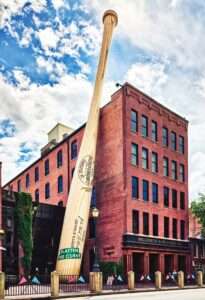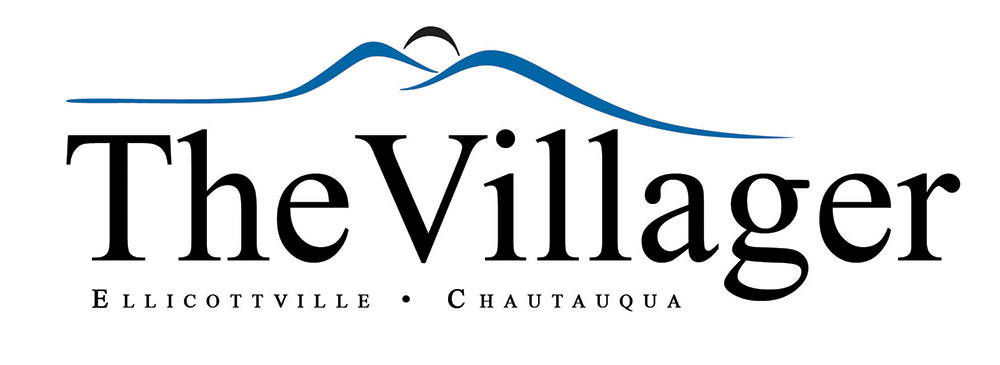Carol Fisher-Linn
Play Ball!!
Baseball season opened this past week. I don’t claim to know much about the sport, but I do know that players on the professional teams need high-quality wooden bats. When one mentions Louisville Slugger bats, thoughts immediately go to Louisville, Kentucky where the famous bats are made. And rightly so. The famous museum is located blocks away from where the first bats were made by a 17-year-old who thought he had a better idea than his father for their wood turning business. In 1864, Dad (Frederick Hillerich) was content turning shutters and spindles and steamboat interiors. His business was thriving. But his son, John Andrew (Bud) Hillerich, had another idea. This seventeen-year-old worked with his dad in the business, but he played hooky one day, heading off to watch the Louisville Eclipse play a game. (Sidenote: the kid loved playing amateur baseball and was known to make bats for himself and several of his friends. According to company legend, Pete Browning, a megastar of Louisville’s major league team, was having a bad slump, breaking yet another wooden bat during that game. Someone pointed out to Browning that a young man in the stands made high quality bats for his fellow amateur baseball teammates. Allegedly, Browning asked Bud Hillerich to make him a new bat. According to legend, by the next game he scored three hits with the bat Bud made. And that is how Pete Browning became known as “The Louisville Slugger.”)

My old friend, Dana Fitzpatrick, of Fitzpatrick and Weller Lumber, told me years ago that Cattaraugus County was at one time the hardwood capital of the east. Truly, we are noted for an abundance of hardwoods in this area. Since being hit by the infamous ash borer insect, first spotted in this area (Randolph) in 2009, our ash tree population has been decimated as they are in many parts of the country. But years back, our trees grew in healthy abundance, growing to 100 feet or more, wearing a dense crown over the upper half of the trunk. They were quite majestic.
The Hillerichs’ also had access to this hardwood and their baseball bat business began to grow. In 1894, the name “Louisville Slugger” became their registered trademark; and by 1897, Bud joined his father as a partner. 8 years later, in 1905, another superstar, Honus “The Flying Dutchman” Wagner endorsed the bat – the first time a pro ever endorsed any athletic product.
The Hillerch’s were spot-on building awesome bats, but they were clueless about marketing them. Marketing is key, that’s why it’s so important for today’s businesses to advertise in papers like The Villager and to reach out personally to potential customers the way the new Ellicottville Bake Shop did, by calling community members and keeping them informed and asking for their comments in person – twice! Thankfully for the Hillerich’s, Frank Bradsby, a savvy salesman for one of their largest buyers, joined their company. By 1916 he was full partner, having brought a broader market and mightier drive to the business. They changed the name to Hillerich and Bradsby Co.
Along came WWII and a change of production to equipment for the troops, even hiring women to keep the factory producing. Post war, they got back into full production of their famous bats. A gentleman by the name of Irv Norton worked for the Adirondack bat company and by 1946, he and a partner Dan Larimer, a country store operator, started a bat mill on the west side of Conewango Creek in Akeley, near Russell, Pennsylvania. They moved to a larger location in 1950 and somewhere between that date and when I arrived in Ellicottville in the late 1960’s, they opened another plant 45 miles northeast of that plant in Ellicottville, then closed it sometime in the 90’s where today on that original site one finds Tim and Bonnies, Daily City Train, Johnnies Barber Shop, Rustix Hair Design, CCSE Federal Credit Union, Core Performance and more.
So next time you’re sitting in the stands, eating your peanuts and cracker jacks, while getting ready for the seventh inning stretch as you root, root, root for the home team, and you hear the crack of a wooden bat against a baseball, think of the connection to Ellicottville. This little town in the Southern Tier that once gave life to those magical wooden sticks wielded by greats like Babe Ruth, Joe DiMaggio, Ted Williams, Jackie Robinson, Roberto Clemente, Hank Aaron, George Brett, Ken Griffey Jr., and Derek Jeter. You can learn more at the Ellicottville Historical Society when they open their doors on weekends this coming summer.
